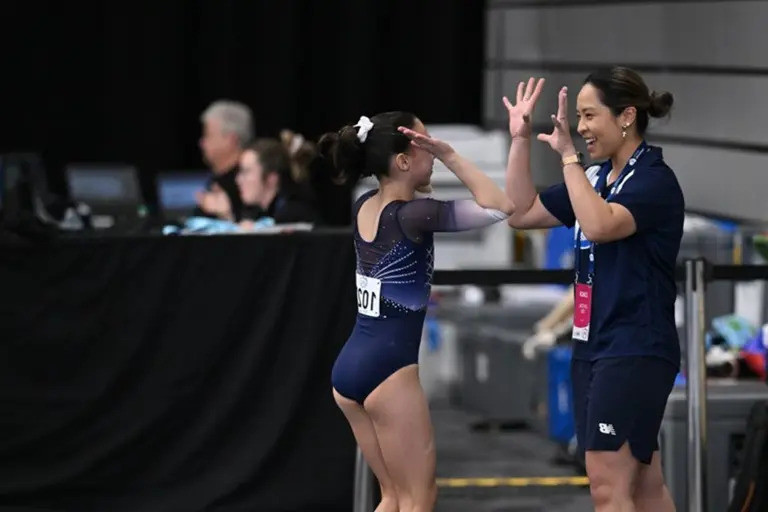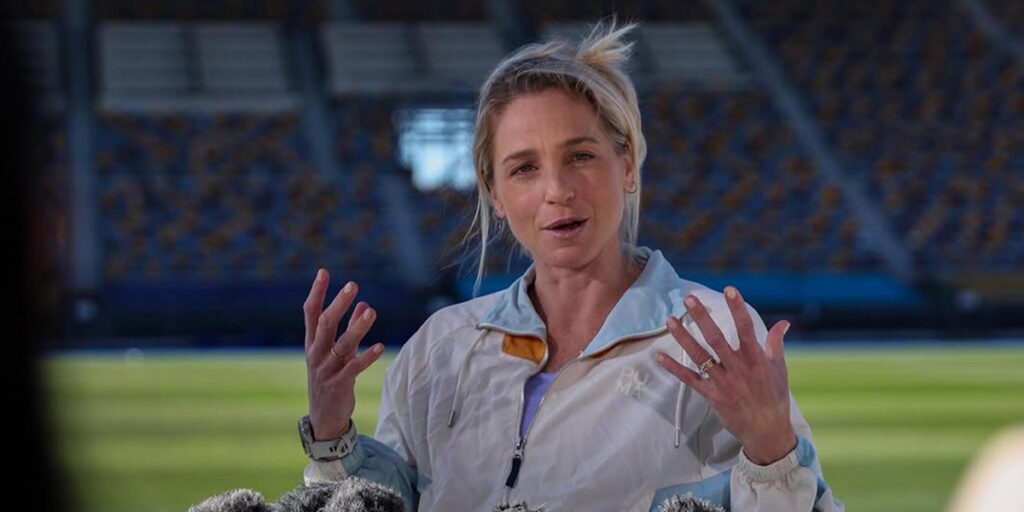The International Olympic Committee (IOC) has unanimously agreed upon a set of 15 reforms, with the intention to maintain the popularity and viability of the Olympic Games in a post-COVID setting.
With the sheer cost of hosting the Games a deterrent for many cities, the reforms are centred around attracting cities and sponsors at a lower cost.
The approved recommendations were:
- Strengthen the uniqueness and the universality of the Olympic Games
- Foster sustainable Olympic Games
- Reinforce athletes’ rights and responsibilities
- Continue to attract best athletes
- Further strengthen safe sport and the protection of clean athletes
- Enhance and promote the “Road to the Olympic Games”
- Coordinate the harmonisation of the sports calendar
- Grow digital engagement with people
- Encourage the development of virtual sports and further engage with video gaming communities
- Strengthen the role of sport as an important enabler for the UN Sustainable Development Goals
- Strengthen the support to refugees and populations affected by displacement
- Reach out beyond the Olympic community
- Continue to lead by example in corporate citizenship
- Strengthen the Olympic Movement through good governance
- Innovate revenue generation models
IOC president, Thomas Bach, said the COVID-19 pandemic has permanently altered the sporting world.
“The world will never again be like it was before,” Bach said.
“Even once we have finally overcome the health crisis, we will face the far-reaching social, financial, economic and political consequences,” he said.
The 137th IOC session also brought attention to the ‘No Beijing 2022’ campaign, which calls for athletes and leaders to boycott the upcoming winter games.
With one of the reforms centred around supporting refugees and displaced peoples, Bach was questioned about China’s human rights record.
He said the IOC is taking these concerns seriously but have limited political capabilities.
“This means with everything that is related to the Olympic Games — their human rights, and labour rights, and others … will be part of the host city contract and on this we are working very closely with the organising committee,” Bach said.
“We are also closely monitoring.
“This includes supply chains, labour rights, and freedom of the press and many other issues.
“We are not a super world government where the IOC could solve or even address issues for which not the UN (United Nations) Security Council, no G7, no G20 has solutions,” he said.







